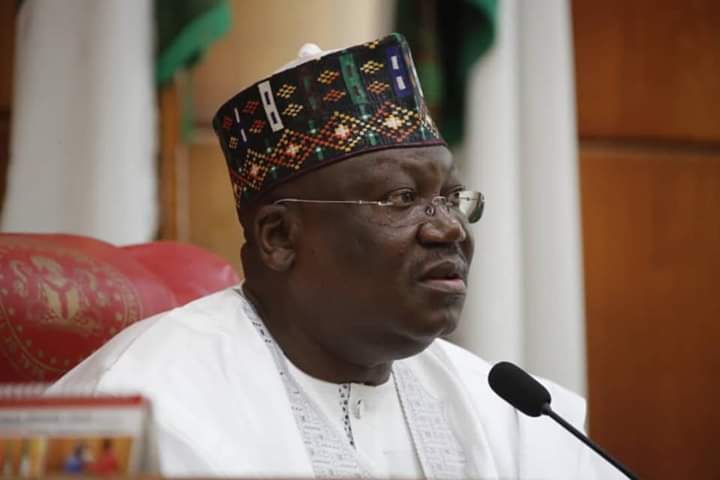The Nigerian Senate has fixed Tuesday, October 20, 2020, as the date for the commencement of debate on the Petroleum Industry Bill (PIB).
TheNewsGuru.com (TNG) reports President of the Senate, Ahmad Lawan on Twitter made this known in a series of tweets on Thursday.
The Senate President revealed that the National Assembly (NASS) is going to suspend plenary for one month to enable Ministries, Departments and Agencies of Government defend their respective budgets for the year 2021.
He stated that he had informed his colleagues to prepare for the task so as to avert any delay in consideration of the bill, resulting from its decision to suspend plenary for one month.
“In line with our resolve to break the jinx on the passage of the Petroleum Industry Bill (PIB), forwarded by President Muhammadu Buhari to the National Assembly last week, we have fixed Tuesday, October 20, 2020, as the date for the commencement of debate on the Bill.
“Accordingly, I informed my colleagues to prepare for this task so as to avert any delay in consideration, resulting from our decision to suspend plenary for one month to enable Ministries, Departments and Agencies of Government defend their respective budgets for the year 2021.
“The critical piece of legislation, after the debate on the floor by lawmakers, would then pass for second reading and be referred to the Joint Committees on Petroleum; and Gas for further legislative work.
“We want to get the document to our Joint Committee before we suspend plenary, otherwise, the document will remain unattended to throughout the time that we would be handling the budget; and that means we can only come back to it around November or December, and that would be late.
“It is obvious that everybody is waiting for the PIB to be attended to, but while we are going to do our best to deliver on this expectation, we will take sufficient time to work on it because it is a very sensitive document.
“If we are able to take the debate, pass the PIB for second reading and refer the document to our Joint Committees on Petroleum (Upstream and Downstream); and Gas, the committee can keep work on the PIB warm, while we are working on the budget.
“Our Joint Committee must do everything possible for us to have a document or report that we would work with in the Senate and something that Nigerians and investors will be happy with,” Lawan tweeted.


